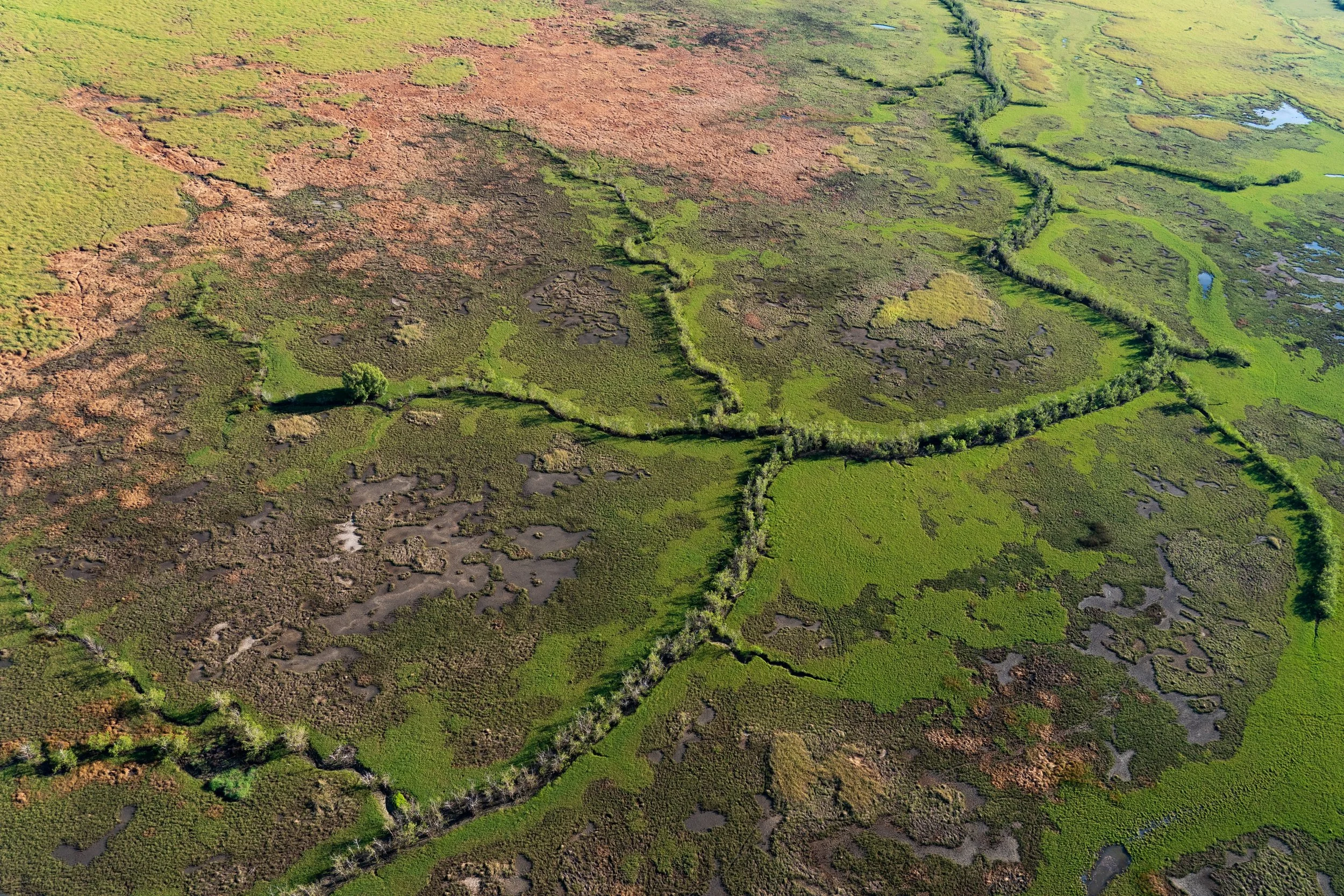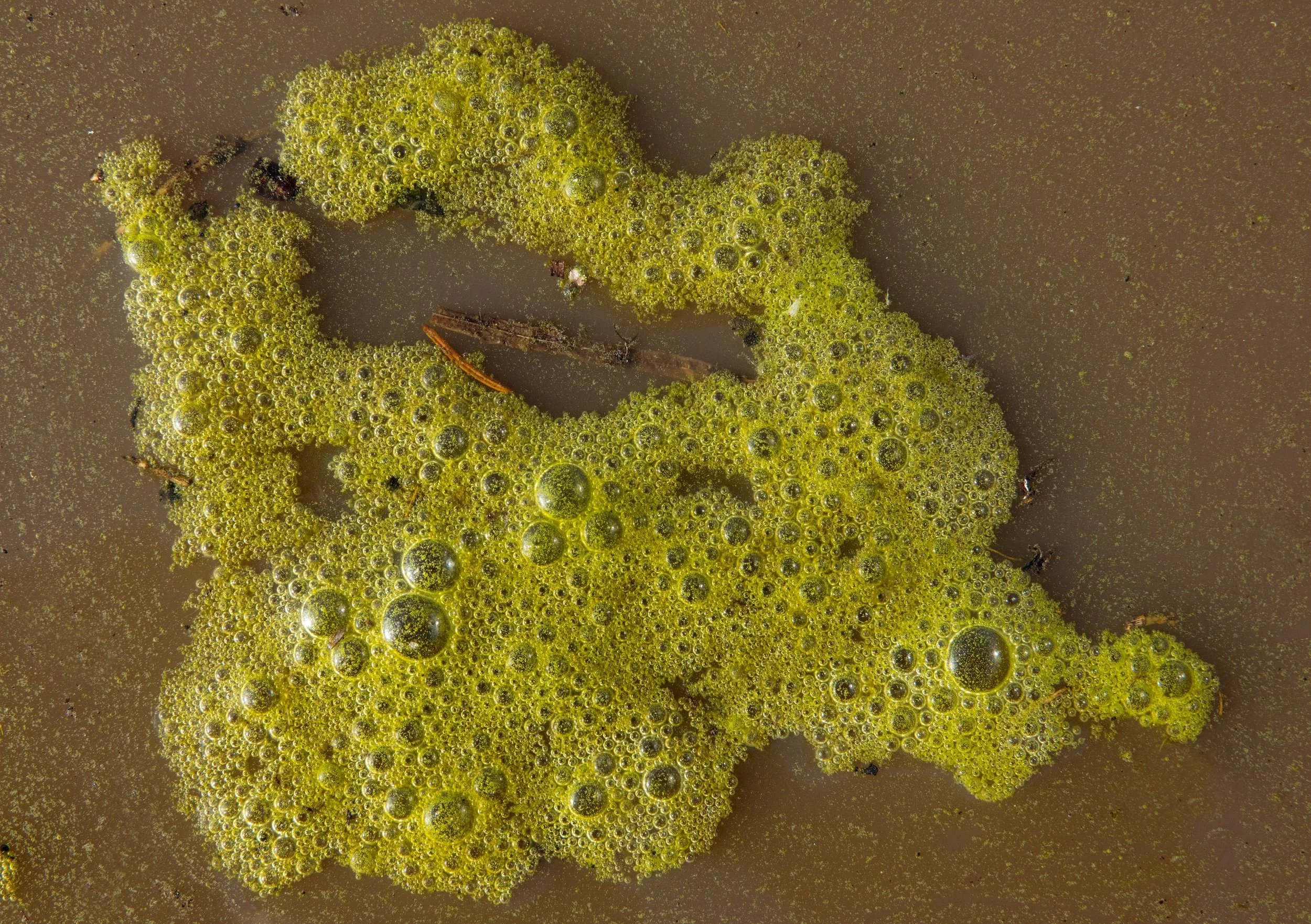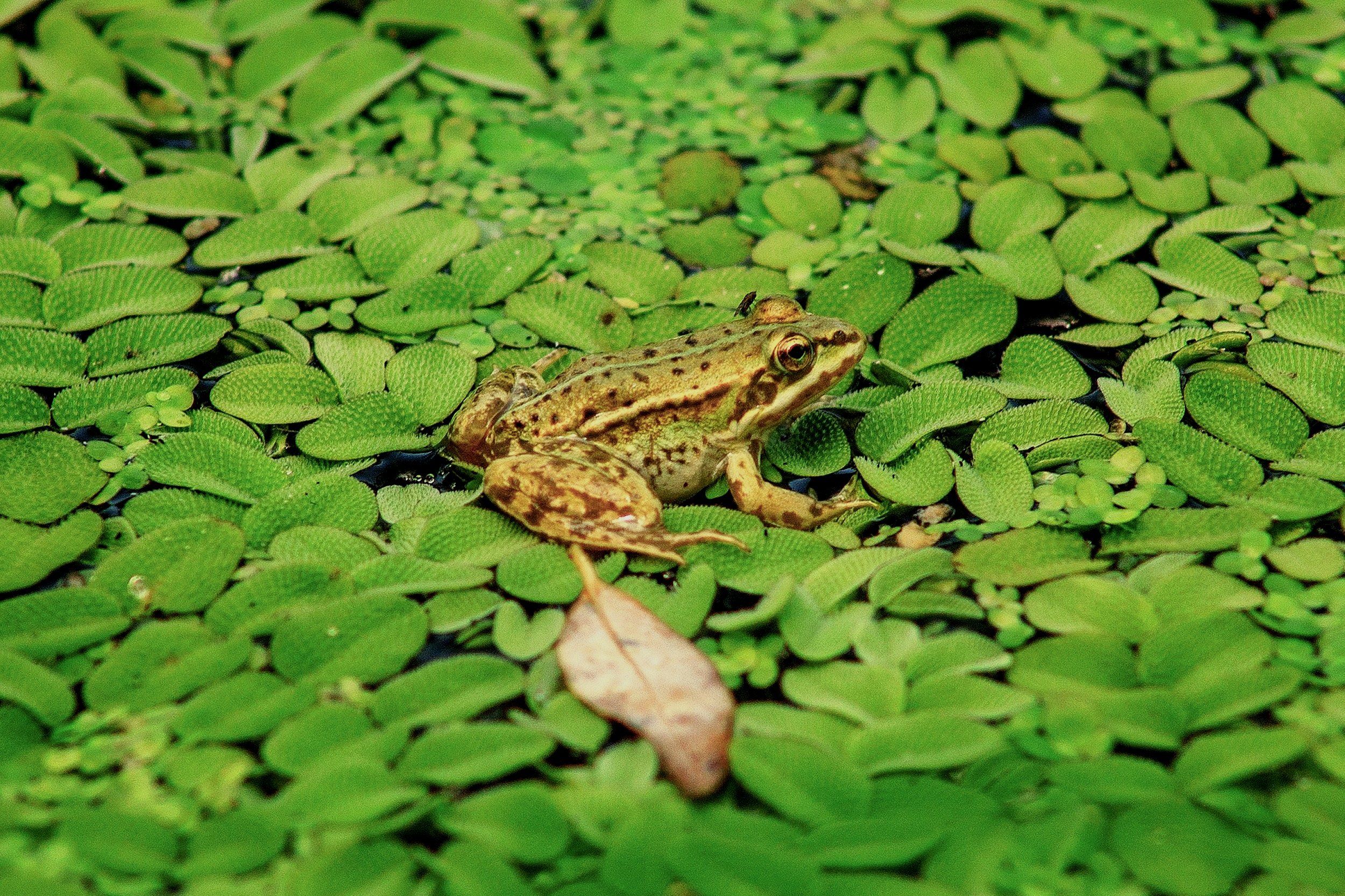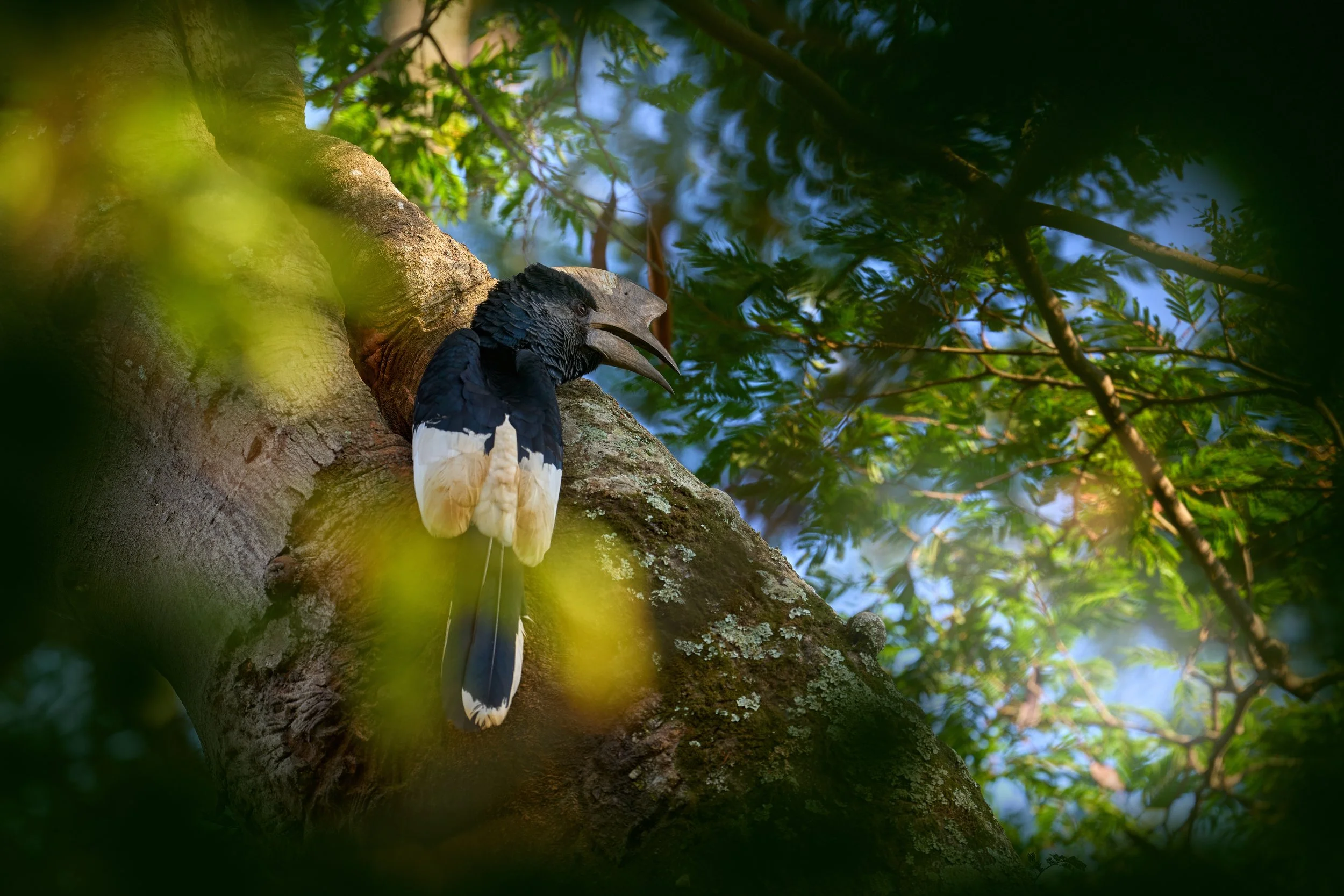
Featured projects
-
![]()
Can rapid evolution prevent ecological tipping points?
Ecological tipping points are rare, but when they occur they result in dramatic ecological changes that are exceedingly difficult to predict and manage.
Work on tipping points assumes that species within complex systems don't evolve...but they do. We are doing new experiments manipulating the ability of freshwater plant species to evolve to understand if rapid evolution (and phenotypic plasticity) can prevent tipping points in response to eutrophication in freshwater habitats.
Together with Dr Simon Hart, this work is being led by Honours student Boris Zec and PhD student Tim Temizyurek.
This work is part of the Discovery Project "The effects of rapid evolution on the dynamics and stability of ecological communities", funded by the Australian Research Council.
-
![]()
How will heatwaves transform ecological communities?
Of all the extreme events associated with climate change, heatwaves will be the one from which no corner of the globe will escape. And yet we know remarkably little about the effects of heatwaves on ecological communities because they are exceedingly difficult to study.
Therefore, we are initiating a large-scale, responsive (drop-everything-to sample when a heatwave hits) mensurative experiment to quantify effects of real heatwaves on real (freshwater) ecosystems in real time.
Together with Dr Simon Hart, this work is being led by PhD student Harrah Friedlander.
Ultimately, we want to turn this project into a globally-distributed experiment. If you are interested in being involved, please contact us.
This work is a strategic project being funded by the lab, together with QLD Government Research Stimulus Funding.
-
![]()
Are freshwater fish communities experiencing dramatic change across the globe?
We applied new statistical methods to detect instances of rapid, unprecedented change in the composition and function of freshwater fish communities in ~2500 ecological time series distributed across the globe. We found that novel ecological communities in flowing freshwaters are a feature of the Anthropocene, but also found evidence that dramatic changes in taxonomic composition may not always threaten the functional composition of freshwater fish communities.
Together with Dr Simon Hart, this work was led by Sarah Hampson (graduate BSc Honours student, 2023 UQ Honours prize recipient, 2023 Society for Freshwater Science Conference Presentation Award Winner), Joop Sassen (graduate UQ Masters of Quantitative Biology student), together with Dr Timothy Staples and Professor John Pandolfi.
Photograph by David Herasimtschuk, Copyright Freshwaters Illustrated. With permission.
-
![]()
How do fluctuations in temperature and nutrients affect ecological dynamics?
Temperature and resources are two of the most important drivers of ecological dynamics. They are also two of the fastest changing global change drivers. And yet remarkably, we know very little about the combined effects of fluctuations in temperature and resources on ecological dynamics.
To fill this gap, we are developing new mathematical theory, and doing new laboratory and field experiments, to understand how fluctuations in temperature and resources interact to affect the rise and fall of species over time.
This work is being led by PhD students Jordan Drochmann, Tim Temizyurek, and Harrah Friedlander.
This work is part of the Discovery Project "The effects of rapid evolution on the dynamics and stability of ecological communities", funded by the Australian Research Council.
-
![]()
How does evolution affect the outcome of competition in species rich communities?
Evolution occurring over just a few generations has been shown to dramatically affect ecological dynamics - in an isolated species or two. What is less well understood is whether evolution can have equally dramatic effects in the species-rich communities we see in nature. I kind of suspect they won't. But we're testing this idea to find out.
This work is being led by PhD student Jordan Drochmann.
This work is part of the Discovery Project "The effects of rapid evolution on the dynamics and stability of ecological communities", funded by the Australian Research Council.
-
![]()
Can we conserve biodiversity and eat our chocolate too?
Agriculture has been, and continues to be, a dominant driver of the decline of biodiversity globally. Meeting increasing demands for agricultural production while conserving biodiversity will be a defining challenge of this century. We are working with the cocoa sector in West Africa – a region that produces 65% of the world’s cocoa and supports millions of smallholder farmers – to improve the sustainability of cocoa production across the region. Our research shows that cocoa can be grown in ways that allow for huge benefits for climate change mitigation and adaptation, and biodiversity, with no loss of yields. We are now developing conservation planning solutions to target priority areas that will result in outsize biodiversity gains for minimal cost. This is requiring extensive field campaigns in Ghana, together with species distribution modelling and GIS.
Together with Dr. Simon Hart, this work is being led by Dr Wilma Hart (research fellow), Professor Richard Fuller, Honours student Rachel Driml (graduated lab alumnus) and PhD student Hannah Rigney.
This work is funded by the chocolate industry.






